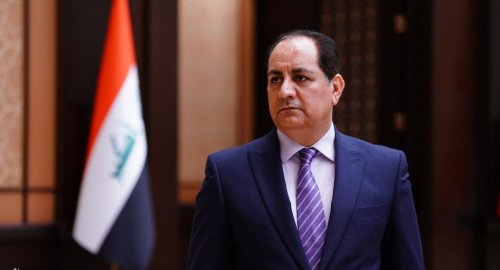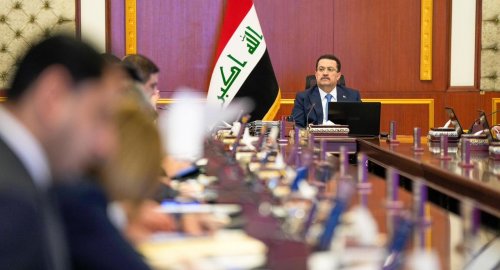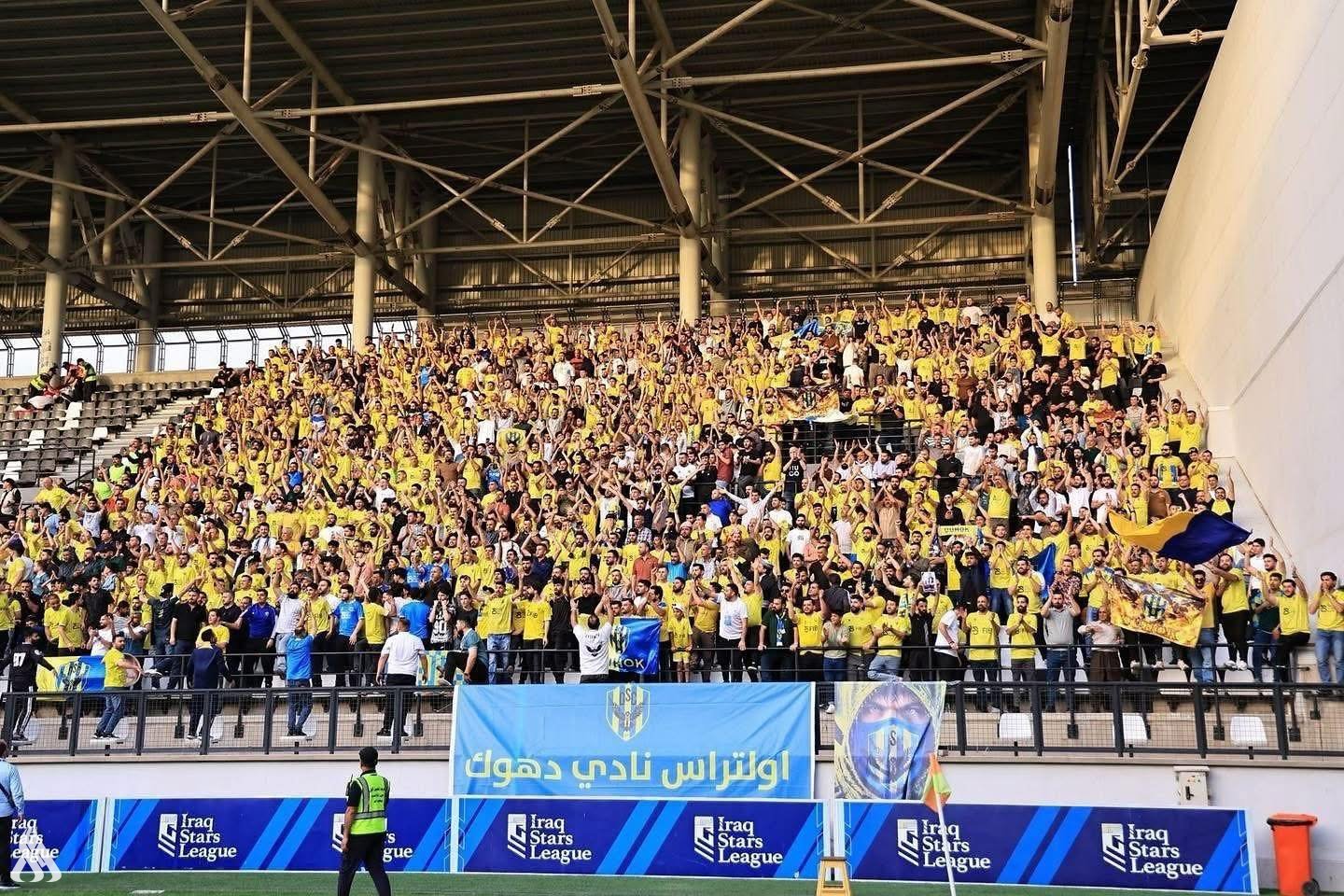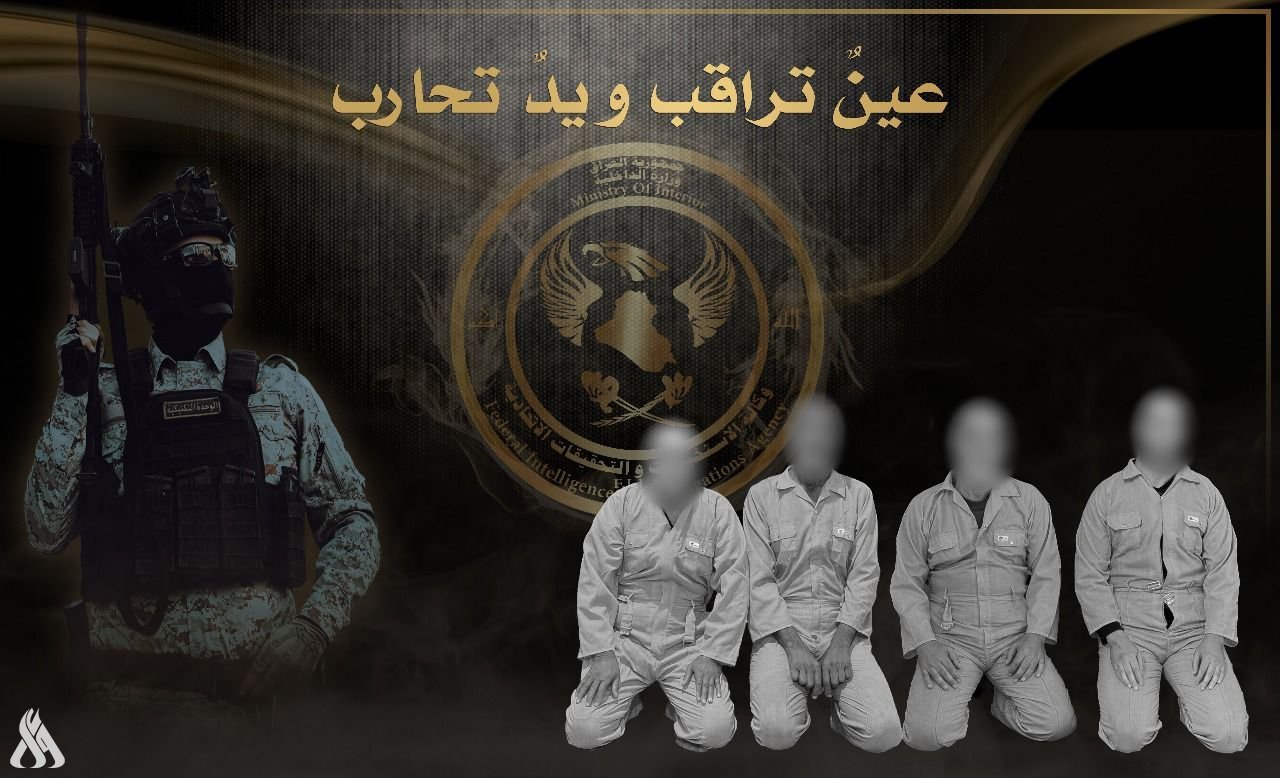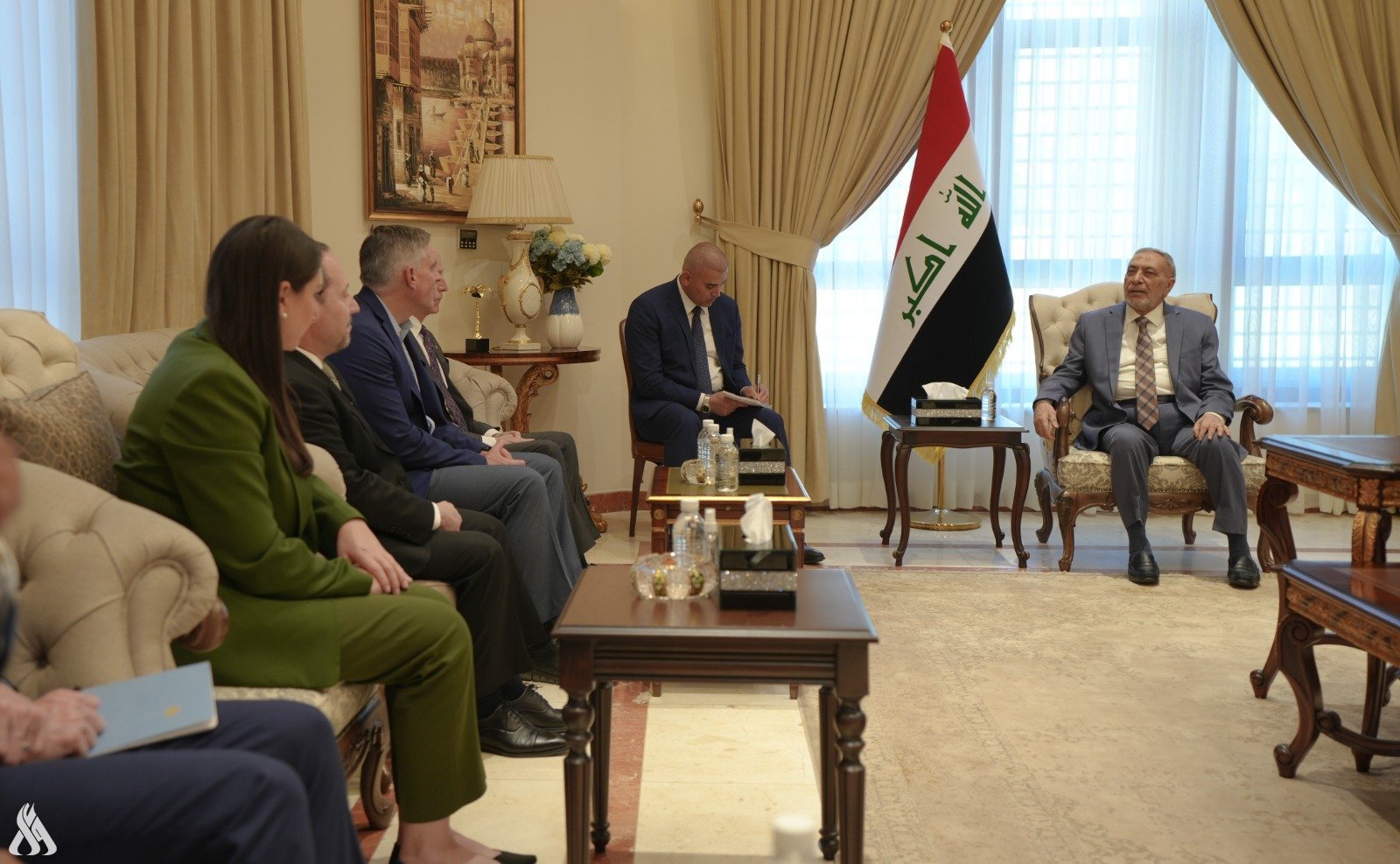Baghdad-INA
The government spokesperson, Basim Al-Awadi, affirmed on Saturday, that the end of UNAMI mission came at the request of Iraq and a
recommendation from the United Nations, noting that this decision aligns with the government's vision on this matter.
Al-Awadi told the Iraqi News Agency (INA): "Iraq is a sovereign country that has recovered from the crises and collapses it suffered from due to multiple wars, and now it plays a significant pivotal role in the region," noting that "Iraq requested in March of last year to reduce the tasks of the UNAMI mission due to the stability achieved in governance and the democratic system. However, the Security Council decided to form a strategic review committee, and this committee is expected to present its assessment of the UNAMI mission's tasks by the end of February of the current year to the Secretary-General of the United Nations, and the Security Council will decide its resolution in May according to Iraq's wishes and the evaluation provided by the Iraqi state."
“The Iraqi government welcomed the arrival of the committee and opened the way for them to hold the meetings they wish to hold with all parties without any obstacles, and the committee visited Iraq in November last year and held 250 meetings with various personalities and governmental and non-governmental institutions throughout Iraq,” he said, noting that “the committee submitted its report to the Security Council, which stated that there is a remarkable development at all levels and the committee envisages the termination of UNAMI's work in multiple phases and full termination in mid-2026.”
Al-Awadi explained that “the independent United Nations team sent by the Security Council, headed by the German Volker to study the reality of UNAMI's work, also reached a conclusion to end the UNAMI mission, meaning that it coincided with the vision of our government in this file,” stressing that “the Iraqi decision is in line with the body of the committee's recommendations with a difference in timing, as Iraq sees the end of the tasks at the end of 2025.”
This shows that the Iraqi government's request was based on its deep understanding of the facts on the ground and the positive developments it has achieved, as well as its advanced political understanding of what the stage requires to strengthen the work of national institutions and give them their full role,” he said, adding that “Iraq and the United Nations (have recommended the closure), as the request was Iraqi and the recommendation was UN, and there is no intersection at all, but quite the opposite, only a slight difference in the transition period during the closure (whether two years or a year and a half), which is subject to discussion between us and the United Nations.
He continued by stating that "the Iraqi government has initiated efforts to address political challenges, which were previously part of the political mission's mandate, such as border issues with Iran, Turkey, and other neighboring countries." He pointed out that "the government has successfully negotiated significant agreements in this regard with neighboring states and has effectively managed sensitive internal files such as the Kirkuk issue, relations with the Kurdistan Region, and other political matters."
He also emphasized that "there are important issues for which Iraq will seek technical support from the United Nations, such as the elections file. However, there is no necessity for this to fall within the UNAMI mission's mandate; instead, it requires a specialized election mission. The specialized UN agencies, including the Human Rights Organization and UNDP, will continue their work, and the Iraqi decision does not contradict the continuation of their activities. The request is solely to conclude UNAMI's political aspect."
He highlighted that "Iraq appreciates UNAMI's role over the past two decades, acknowledging their immense efforts and sacrifices. Iraq will not
forget these contributions, and they remain deeply ingrained in the Iraqi conscience."
Al-Awadi affirmed that: "In appreciation of these efforts and in alignment with the Security Council's wishes, the Iraqi government accepted the establishment of the High-Level Review Committee, and we commend their report, which we agree with in assessing the progress in Iraq. We also concur with them on the principle of ending the mission's tasks due to Iraq's recovery and stability."
Al-Awadi further emphasized that "it is imperative to commend the sacrifices of UNAMI, starting from Sérgio Vieira de Mello, who was killed in 2003, up to Jeanine Hennis-Plasschaert."
